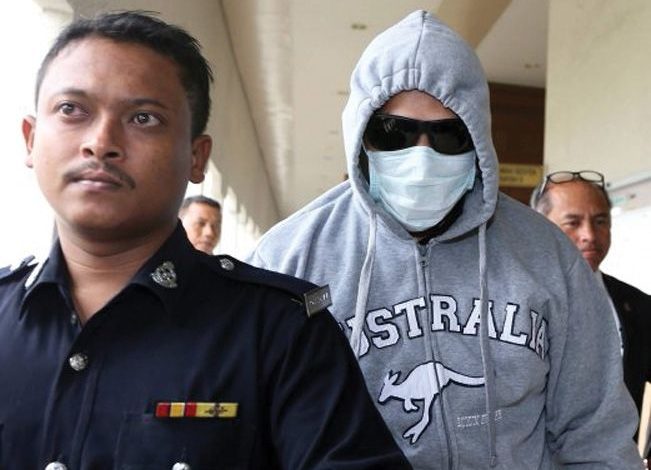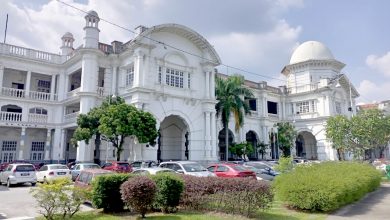Have the Big Fish Slipped Through the Net?


By Mariam Mokhtar
In 2015, the exposé of a Royal Malaysian Navy (RMN) corruption scandal, involving the procurement of goods from the Depot Bekalan Armada (Fleet supply depot) in Lumut did not come as a surprise, to many Malaysians.
Retired First Admiral, Mohamad Imran Abdul Hamid, who once served at the Lumut naval base, had previously warned that the purchasing department which operated a three-tier procurement system, could be open to abuse.
He claimed that civilian suppliers were allowed to become too familiar with the purchasing officers, naval staff were open to influence by those higher-up, and unscrupulous naval staff were able to manipulate the system, because they had been in their positions for a long time, studied the procurement methods, and knew of ways, of milking the system.
When he retired from the navy and became the MP for Lumut, Mohamad Imran advocated the tightening of procedures for the purchase of goods, encouraged the transfer of staff to prevent abuse of the system, and claimed that goods were being sold at six times the normal purchase price. An unnamed MACC employee claimed that staff had been milking the system for five to ten years.
In early August, the Ipoh Sessions Court fined former RMN officer, Lieutenant Commander Khairul Izwan Mohd Khir, RM100,000, and seized his property which was valued at RM1.6 million.
In September 2015, Khairul had first pleaded not guilty to the six corruption charges levelled against him, involving the supply of RM1.5 million of goods to the navy, but he later changed his plea, to guilty.
Money had been transferred, by a contractor called Hussin Roslin, to Khairul, via an Affin Bank Bhd account, in Sitiawan, Manjung. On another occasion, in Seri Manjung, Khairul had received a CIMB debit card, which was allocated to an account which contained around RM100,000, from company owner, Mohd Nasir Abdullah. In Kuala Lumpur, Khairul had accepted a RM19,000 Bell & Ross watch, for his help in facilitating a supply deal, to the navy.
Khairul once worked as the Material Control Officer 2 at the navy supply depot. He committed the offences between May 2013 and Feb 2015 and was charged with five counts under Section 165 of the Penal Code, for receiving money and a debit card worth RM1.5 million.
Malaysians were pleased to note that Khairul had finally been caught for his role in the corruption scandal, which involved taxpayer’s money, but many questions remained unanswered.
Why was he not court martialled, but instead charged in a civilian court, initially in the Kuala Lumpur Sessions Court, and later, at the Ipoh Sessions Court?
It was mentioned, in the newspapers, that Khairul was a “former” naval officer. Was he sacked or dishonorably discharged from the navy, or did he become a “former” officer, because he was only on a short-term commission, and his tenure had expired around the time the corruption scandal had been exposed?
Malaysians wonder why the punishment, of a fine and the seizure of property, did not also include a jail sentence. Are these deterrents sufficient to serve as a warning to others?
What steps have the navy taken to stop this manipulation of the purchasing of goods, in the future?
Will the MACC investigate other supply contracts in the other branches of the armed forces?
Will the MACC also act on the other warnings, given by the former admiral turned MP, about naval supplies?
Has the MACC investigation uncovered any other evidence of wrong doing?
How bad is this problem? Have other corruption scandals been unearthed and resolved?
Why was this corruption scandal not discovered earlier, especially after annual audits of the navy?
Is the case involving Khairul the tip of an iceberg? How many other icebergs need to be tackled?
It is difficult to accept that Khairul is the biggest fish, especially as it was previously reported, that other naval officers were involved. Have the big fish been allowed to swim free, again?


